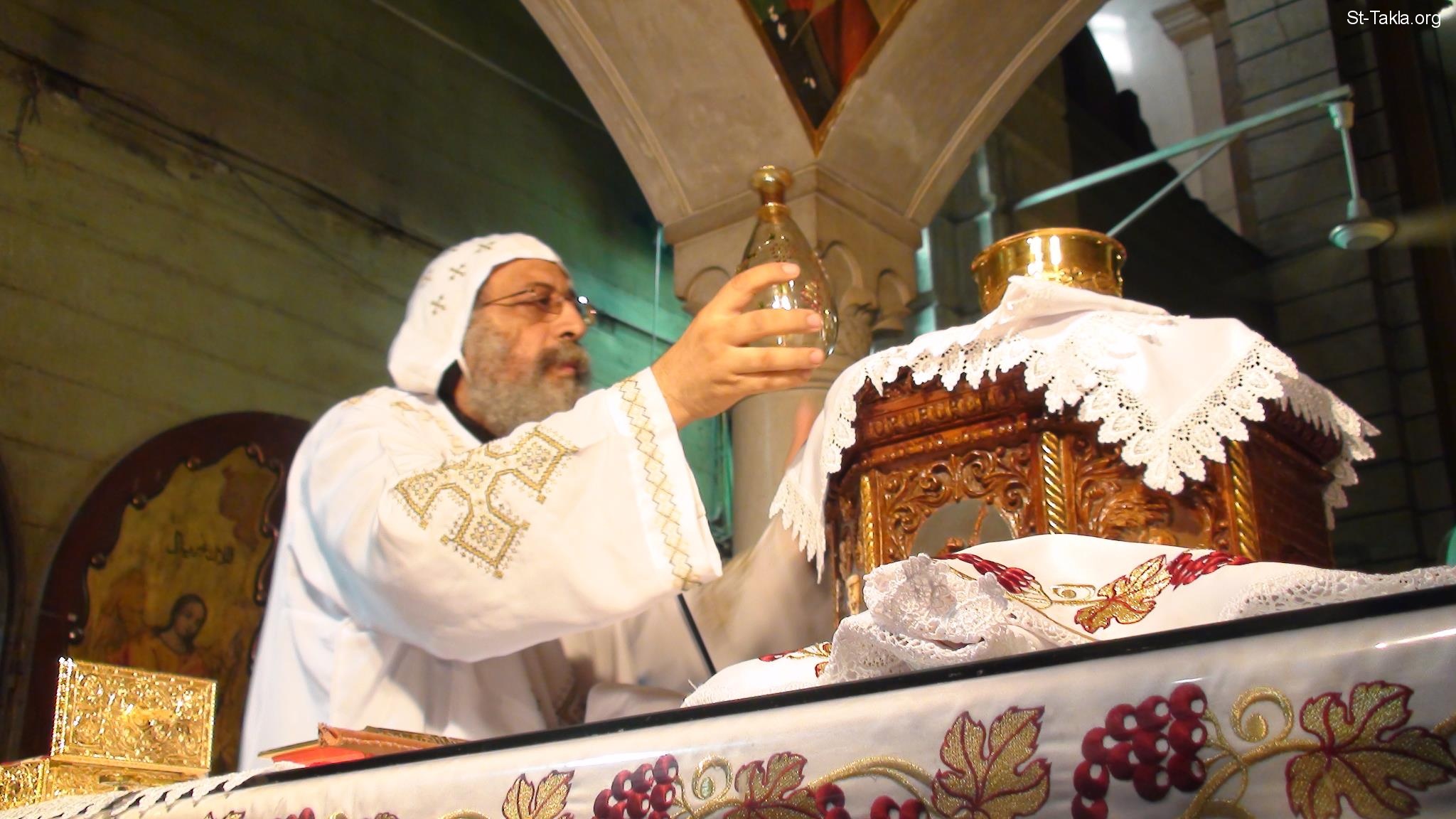The relationship between Orthodoxy and Culture is a significant and interesting subject which has been much on my mind for some time. It is important for the present experience of our Coptic Orthodox Church because it has relevance to the integrity of our spiritual tradition, to the pastoral needs and ministries of the Church, and for the expression and commitment to missionary activity in accordance with the Lord's command.
It has become a pressing matter because there are rapidly increasing numbers of members of the Church, and those enquiring into our Orthodox Faith, who are either not of any Egyptian ethnicity at all, or who are second and third generation members of families who have been settled outside Egypt for some time.They do not have an innate experience of the Egyptian culture, and it is not clear to people such as this, nor to the Church herself, what is necessary and of the essence of Orthodoxy, and what is an expression either of a local enculturation of Orthodoxy, or of only a social and secular culture.
Added to this are the pressures and tensions consequent on continuing migration from Egypt into other countries around the world. This has meant that even while solutions are being developed which may or may not be suitable, in terms of discovering a proper relationship between the Orthodox Faith and the cultures outside Egypt, the arrival of new migrants, who are immediately thrown into a situation of cultural dissonance, has tended to undermine and subvert the fruitfulness of any enculturation which might have taken place.
There are several questions which I hope to research and present in a paper and video presentation. But from the start it is clear to me that there must be no sense of blame. People are people, wherever they come from, and whatever their culture. There is no right and wrong answer to the tension between faith and different cultures, but love, humility and patience will always serve to bring about unity in Christ.
There are differences between cultures however, and I will therefore be seeking to understand and describe the different senses in which culture can be understood. I will also be considering what it means to be Orthodox in relation to these different understandings of culture. There will be a need to consider some of the history of Orthodox relations with non-Christian culture in the past, and how the Church developed as a local community without ceasing to be authentically Orthodox. I'll take a look at some of the concessions to local culture which were approved by the Church, and those which were rejected. And of course I'll share my own views, based on this study, into how our Coptic Orthodox Church might best consider developing an encultured Orthodoxy without ceasing to be coherently Orthodox, and while remaining integrated with the Coptic Orthodox community around the world and in Egypt.
Why should I think and write about this? It is because I am myself an example of such enculturation. I can never become an Egyptian, but I am committed to being Orthodox, and to being Orthodox within the Coptic Orthodox Church, the ancient Orthodox Patriarchate of Alexandria. I have to deal with issues of enculturation every day, and since the culture in which I have been brought up is the culture of this country where I live, I have to continue to develop this enculturation as a necessary and essential aspect of my life. I can never become an Egyptian, but thanks to God's grace I can become Orthodox, and becoming Orthodox as someone who is not Egyptian requires enculturation of one sort or another.
Perhaps my conclusions will not be the same as someone else's. But it seems very necessary, now more than ever, to consider these questions, and I'll be writing about them over the next few days.
-----------------------------------------------------------------------
I'm without financial support at the moment, except from a few dear friends. The support some have given in their great kindness and generosity makes a real difference but is not yet enough. My household bills have not, unfortunately, gone away. Indeed they are mounting up and cannot be paid at present. So I am waiting, trusting in the Lord for his provision by your prayers. Please continue to pray for me and with me. I always need your prayers in every situation.
If you are able, and moved, to provide some support at this rather testing time, then your financial support is most gratefully received as if from God himself.


Dear Fr Peter
ReplyDeleteIt is a long lonely path. May God give you wisdom to discern the Way forward.
For the sake of the Gospel, the Church has to become Jew for the Jews and Greek for the Greeks. How does the Church do that in multicultural societies? If the Church becomes Hindu for the sake of Hindus in India, she will alienate Muslims and followers of different religions.
ReplyDeleteFor the sake of the Gospel, the Church has to become Jew for the Jews and Greek for the Greeks. How does the Church do that in multicultural societies? If the Church becomes Hindu for the sake of Hindus in India, she will alienate Muslims and followers of different religions.
ReplyDelete